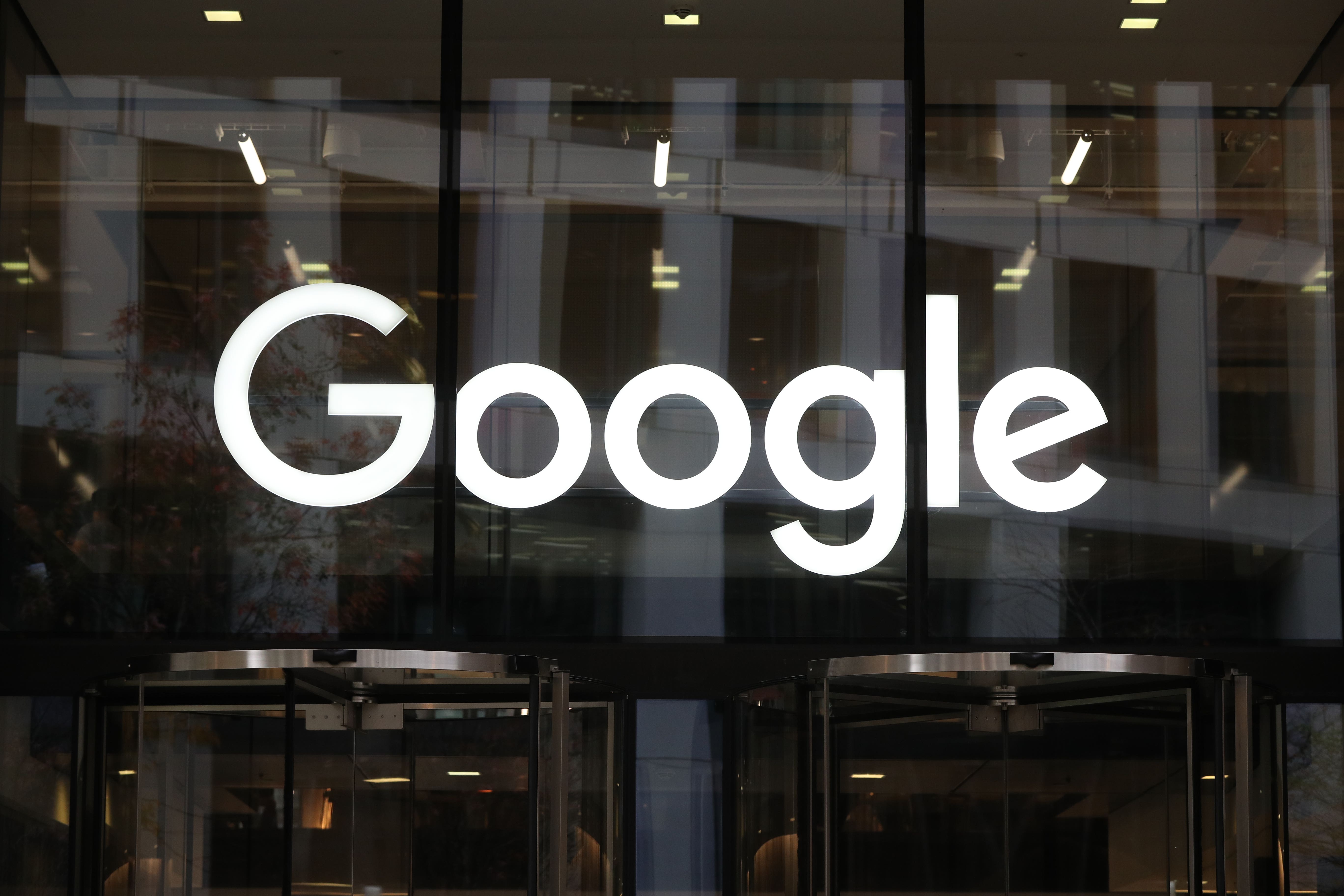Google breached TV company trademark through YouTube Shorts service, court told
Shorts International Limited claims that Google infringed its trademarks by launching the YouTube Shorts service in 2020.

Your support helps us to tell the story
From reproductive rights to climate change to Big Tech, The Independent is on the ground when the story is developing. Whether it's investigating the financials of Elon Musk's pro-Trump PAC or producing our latest documentary, 'The A Word', which shines a light on the American women fighting for reproductive rights, we know how important it is to parse out the facts from the messaging.
At such a critical moment in US history, we need reporters on the ground. Your donation allows us to keep sending journalists to speak to both sides of the story.
The Independent is trusted by Americans across the entire political spectrum. And unlike many other quality news outlets, we choose not to lock Americans out of our reporting and analysis with paywalls. We believe quality journalism should be available to everyone, paid for by those who can afford it.
Your support makes all the difference.A television company is in a High Court legal battle with Google over the use of the word “shorts” on YouTube.
Shorts International Limited (SIL), which runs a TV channel dedicated to short films, claims that Google infringed its trademarks by launching the YouTube Shorts service in 2020.
The YouTube service allows users to share videos of up to 60 seconds online and on the platform’s app, but lawyers for SIL claim that the word “short” does not “stretch” to include the media format.
Google contends strongly for the meaning of ‘Shorts’ being descriptive of ‘short films’, while at the same time contending that the word is descriptive of its platform for the creation, viewing and interaction with user-generated content
Google denies the claims, stating that “short” covers a wide range of productions, and that the SIL trademarks should be revoked.
In written submissions for a trial which began on Wednesday, Simon Malynicz KC, for SIL, said: “Remarkably, Google contends strongly for the meaning of ‘Shorts’ being descriptive of ‘short films’, while at the same time contending that the word is descriptive of its platform for the creation, viewing and interaction with user-generated content.
“That cannot be right because the word ‘Short’ even in the field of entertainment does not stretch so far.
“Google’s use is not in accordance with any previously known or understood or accepted meaning of the word ‘Shorts’ and it is notable that none of the other platforms call their videos ‘Shorts’ – only Google.”
Mr Malynicz told the court in London that SIL operates an international TV channel called ShortsTV, launched in 2007, which he said was “the first, and now the largest and best known, TV channel devoted exclusively to short films”.
The word ‘shorts’ was descriptive long before the use complained of commenced, and it will continue to be so.
The channel’s content can be watched on various platforms, including YouTube, and it owns the trademarks for “SHORTSTV” and “SHORTS” in “word and/or device form”.
Google then launched the YouTube Shorts service in 2020, which became available in the UK the following year, but SIL claims that the service causes “a risk of confusion” with its own trademarks.
But in her written arguments, Lindsay Lane KC, for Google, said that there was “extensive evidence” that the word “is not limited to cinematographic films, but encompasses all forms of short-form entertainment content whether on film, video, television or online”.
She added that it was “common sense” that a company could not trademark a “purely descriptive word or words that are widely used in a particular field”, and that SIL’s trademarks had not been infringed and were “invalid”.
Ms Lane said: “It is a classic example of a party seeking to monopolise an ordinary descriptive word which is commonly used by traders.”
She continued: “SIL cannot complain, having chosen a descriptive word that is commonly used in this market, that descriptiveness will be reinforced by Google’s use.
“The word ‘shorts’ was descriptive long before the use complained of commenced, and it will continue to be so.”
The hearing before Michael Tappin KC, sitting as a High Court judge, is due to conclude on October 11, with a judgment expected in writing at a later date.